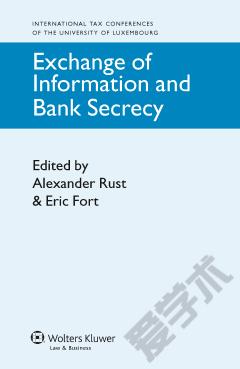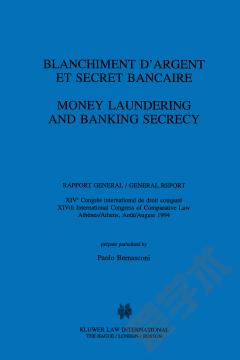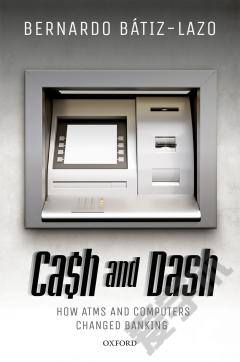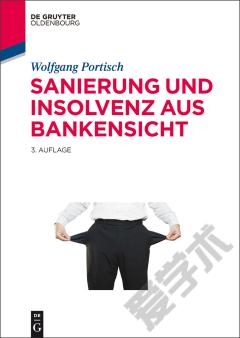Exchange of Information and Bank Secrecy
Inevitably, the financial crisis of recent years has intensified scrutiny of bank secrecy.All major jurisdictions have agreed to limit their bank secrecy rules; in particular,where there are allegations of tax evasion or criminal fraud, obstacles in the way of cross-border exchange of information requests have been virtually eliminated. Yet this new ‘transparency’ has engendered many new legal distinctions and procedural rules in various jurisdictions which tax and legal practitioners must be knowledgeable about, and that is what this book sets out to elucidate. In 12 essays on this issue, this book analyses current bilateral and multilateral agreements on exchange of banking information, focusing particularly on the wide effect of the mutual assistance directives of the European Union. Among the specific rules and provisions discussed are the following: the application of Article 26 OECD-Model Convention in France, Germany and Switzerland; what constitutes a ‘fishing expedition’ and what ‘foreseeably relevant’ means; whether information exchange requests may be refused if they are based on stolen data; the differences between money-laundering and tax fraud and between simple tax evasion and aggravated tax fraud; the scope of the fundamental right to informational self-determination; the mechanism of the EU savings and of the mutual assistance directives; differences between the exchange of information instruments at OECD level and at the level of the EU; and the role of the Global Forum’s peer review process.
{{comment.content}}








 京公网安备 11010802027623号
京公网安备 11010802027623号